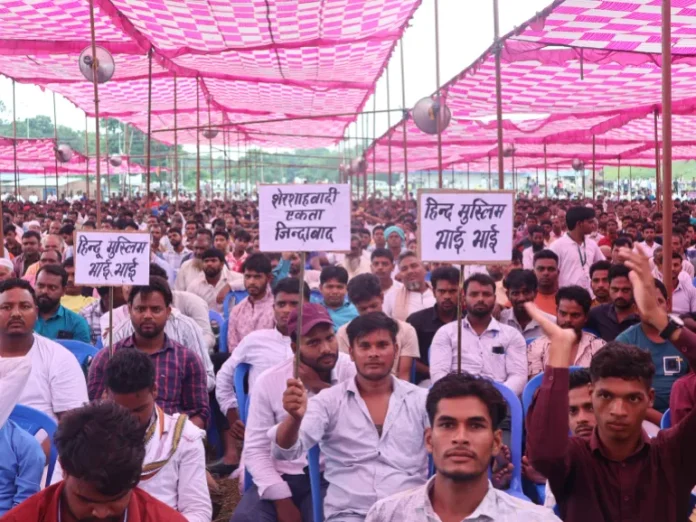Patna: As Bihar heads toward assembly elections, Muslim communities in the Seemanchal region are facing renewed accusations of being “Bangladeshi infiltrators.” Political rhetoric and social media campaigns have intensified the targeting of Bengali-speaking Muslims in districts such as Kishanganj, Araria, Purnia, and Katihar.
Many of these families have lived in the region for generations, with valid documents such as Aadhaar cards, voter IDs, and land records. Despite this, they continue to face suspicion and discrimination, often based on language and cultural differences. Local residents say the labeling has created fear and confusion among voters.
Community leaders have warned that this narrative is aimed at polarizing the electorate and weakening communal harmony. They say such propaganda risks disenfranchising legitimate citizens and undermines faith in the democratic process.
Activists and rights groups have expressed concern that the use of the “infiltrator” tag mirrors previous efforts to marginalize Muslim populations in other states. They have urged authorities to prevent misinformation and protect the rights of all voters.
Opposition parties have condemned the ruling BJP for promoting divisive politics. They argue that the campaign distracts from pressing issues like unemployment, flood damage, and agricultural distress. Meanwhile, social media platforms such as WhatsApp and Facebook continue to host inflammatory content that fuels hostility in mixed communities.
For many Muslims in Bihar, the election season has become a test of identity and belonging, as they strive to assert their place in the state’s social and political fabric.




